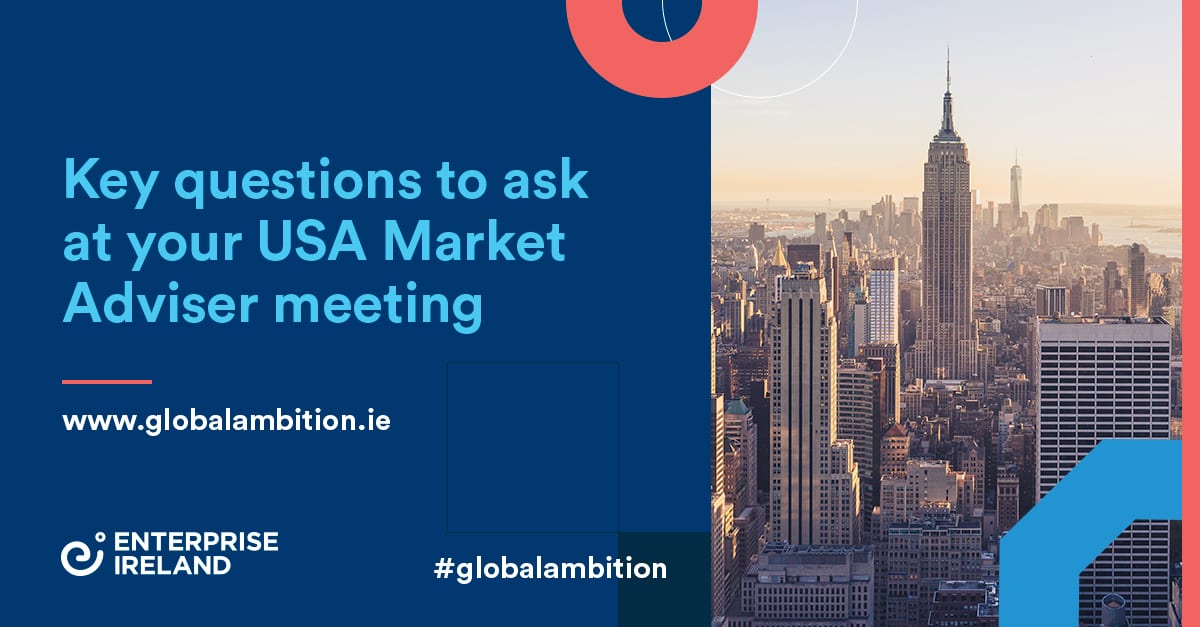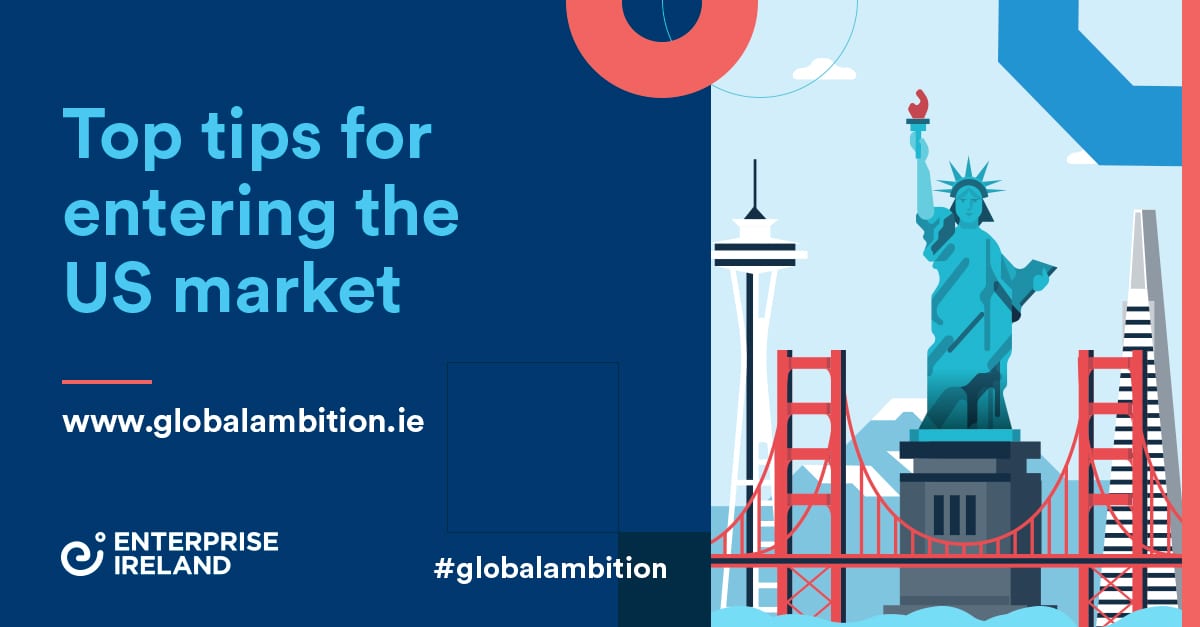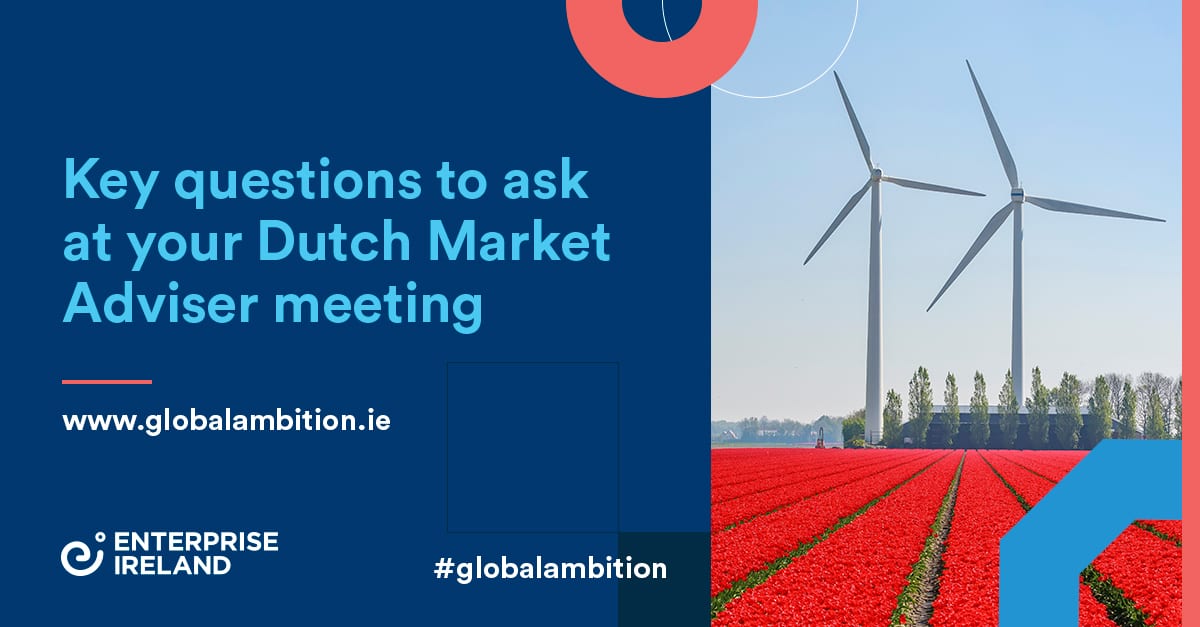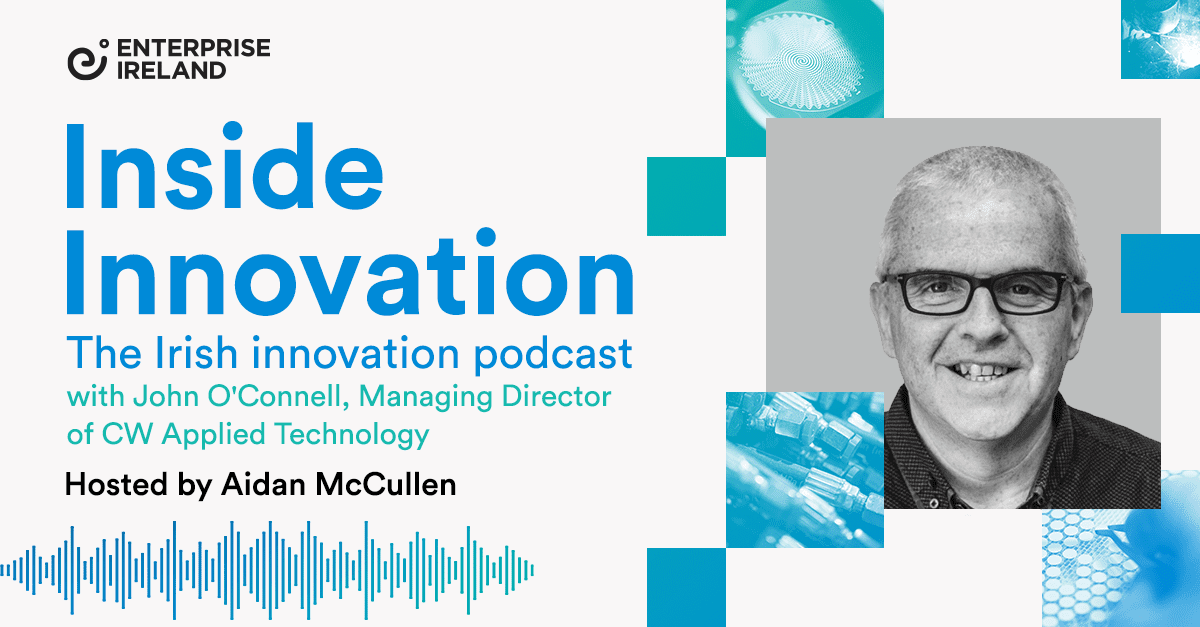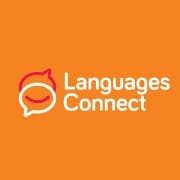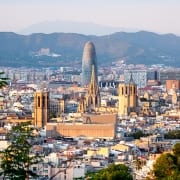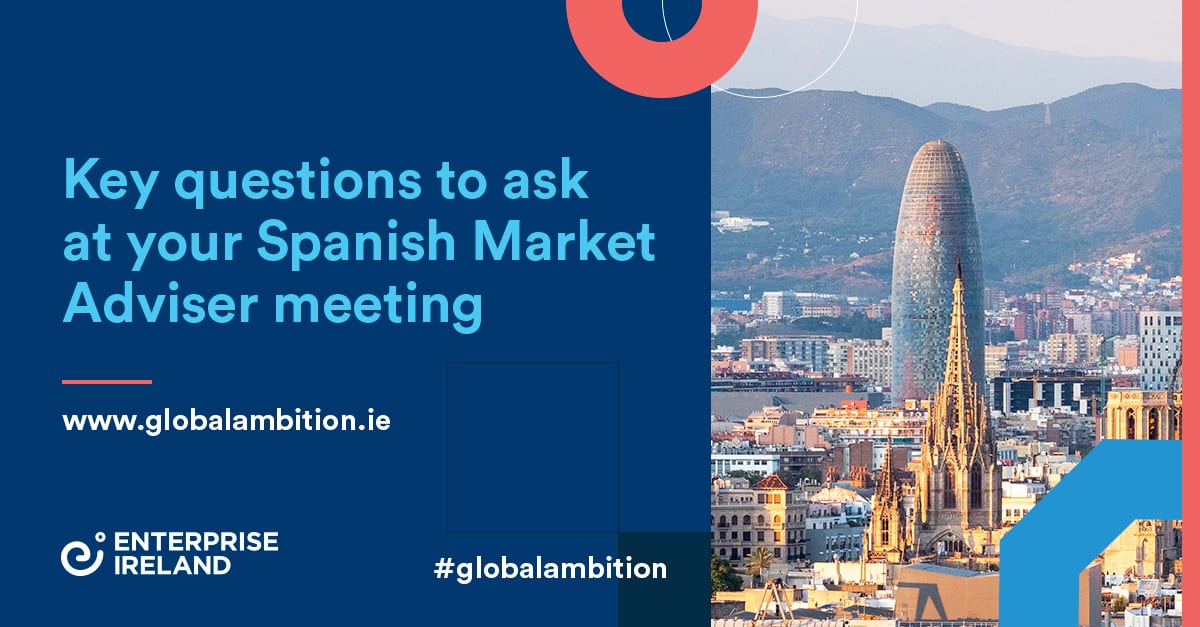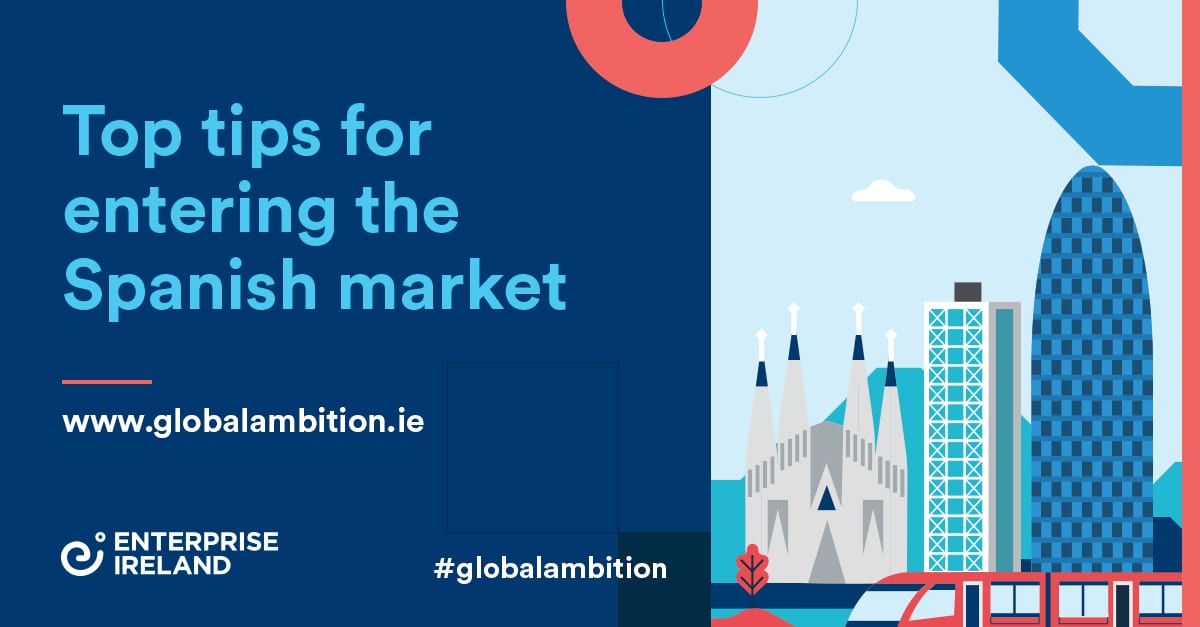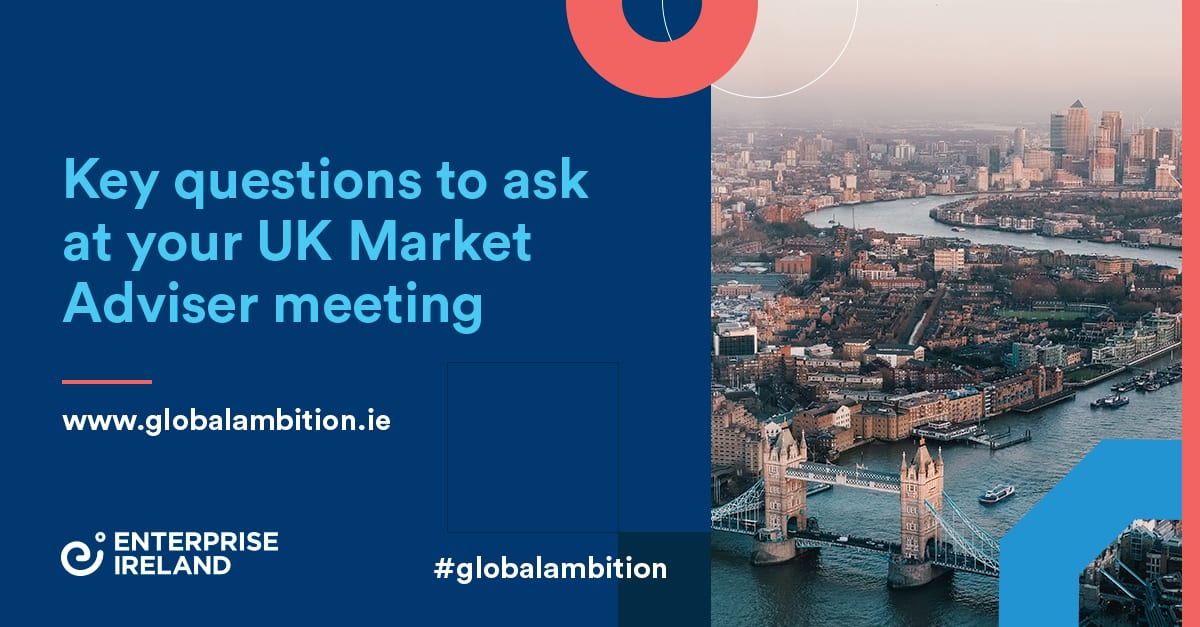CASE: How automotive disruption offers huge opportunities for Irish tech companies
The automotive industry is at a crossroads. In an era where digital technology is disrupting the status quo throughout the global economy, few industries are being so profoundly impacted as automotive.
Under pressure over emissions and sustainability, manufacturers are focused on transitioning from the internal combustion engine to a future of connected, autonomous, shared and electric vehicles,(CASE). Traditional supply chains are changing dramatically, as new technology providers force manufacturers to rethink where value can be created and by whom.
To assess the level of opportunity this offers Irish business, Enterprise Ireland asked a panel of experts what lies on the road head.
From hardware to software
Barry Napier, CEO of Irish company Cubic Telecom – who provides global mobile connectivity solutions for automotive manufacturers including Audi, Skoda and VW – believes the future will be driven by software rather than hardware.
“The mindset has changed,” he says. “Historically when you went to an OEM (original equipment manufacturer) and you said to them, we want to do something, there was panic in their faces because they had to go and change the hardware, and then there were multiple partners they had to talk to in order to do that.
“It’s easier to change software, so now they are looking to do as much as they can via software solutions, putting mainframe concepts into vehicles and then seeing how they can run that through the cloud. The mindset is there with the OEMs to make the car lighter, faster and doing it all via software.”says Napier.
Hiren Desai, Head of Strategy and Innovation North America for Continental, agrees that tier one suppliers will need to be able to create value by manufacturing intelligence rather than just parts.
Hiren says: “The supply chain is going to undergo disruption over the next 10 to 15 years significantly when it comes to software coming in and replacing all the hardware that companies are used to producing.
“Companies like Continental are experts in industrialisation, which essentially means manufacturing. Now, what we’re really talking about is having software factories able to produce intelligence, able to write code, able to produce artificial intelligence, that’s where it is heading.”
Automotive industry rethinks the car
Whether it is in vehicles that transport people, goods or freight, OEMs will be looking for partners who can help them meet this demand. Traditional players will have to adapt and make room for new entrants from non-automotive backgrounds.
For Dr Engelbert Wimmer, CEO and founder of German specialist automotive management consultancy and investment company E&Co (Entrepreneurs and Consultants), this level of disruption can be seized upon by Irish companies.
“We are reconsidering every bit and piece of the traditional car,” he says. “That means changing materials and a whole new supply chain because the concept and characteristics of a vehicle that you want to operate 90,000km a year on a shared mobility or on an autonomous platform will be completely different because the durability and ownership will be changing.
“This means we will need to change the materials that vehicles are made from – from the rubber in the tyres to the steel and the chassis. We need to do a lot on recycling and greening the car by what components we will need. For companies who have interesting materials, who operate in material science and can supply components that are recyclable, this is a massive opportunity.
“You’re not just talking about tech companies, you’re looking at companies such as plastic moulders, or in the textile sector. It could be somebody from surface technology. It could be somebody in glass technology. Glass is a super interesting surface with a lot of functions, such as integrated light and displays. All these technologies are being reborn at the moment.
“You’re looking at an awful lot of companies that couldn’t previously have looked at the automotive sector. Every time you have a disruption in that size and with this technology scope, new entrants will have a super chance.” says Napier.
Hub for CASE development
Many Irish companies enjoying success in the automotive sector are part of the Connected and Autonomous Vehicle (CAV) cluster, which is supported by Enterprise Ireland, IDA Ireland, Science Foundation Ireland, Department of Transport, and the Lero research centre.
With Jaguar Land Rover’s Centre for Networked and Autonomous Vehicles at Shannon and French vehicle technology giant Valeo’s facility in Tuam as members, CAV Ireland is fast establishing the West of Ireland as a hub for CASE vehicle development.
CAV companies collaborate to identify products and services which can capitalise on export opportunities in the automotive supply chain. It is an approach which Engelbert believes fits well with the future of mobility.
He says: “Whether it is software or materials, it is not about one company producing all this. It is about collaboration and partnership. The tool chain has many, many links that need to be linked together.”

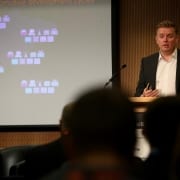
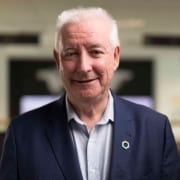
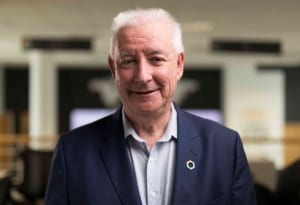
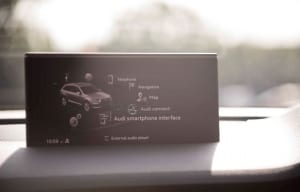
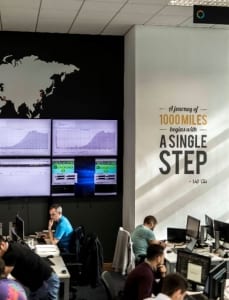

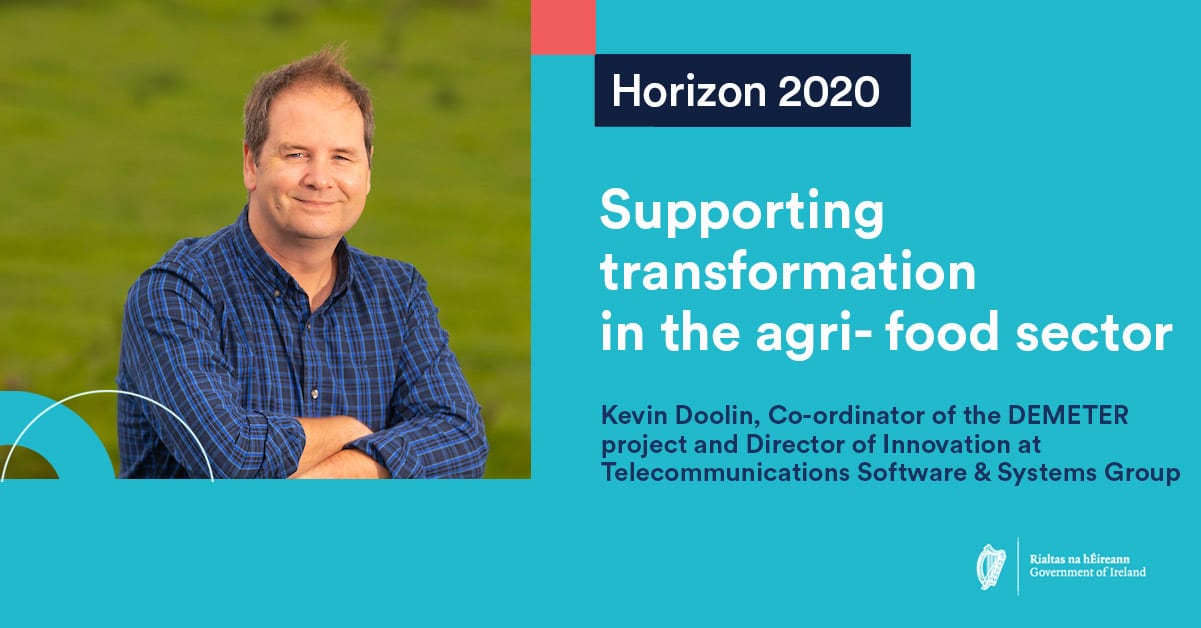
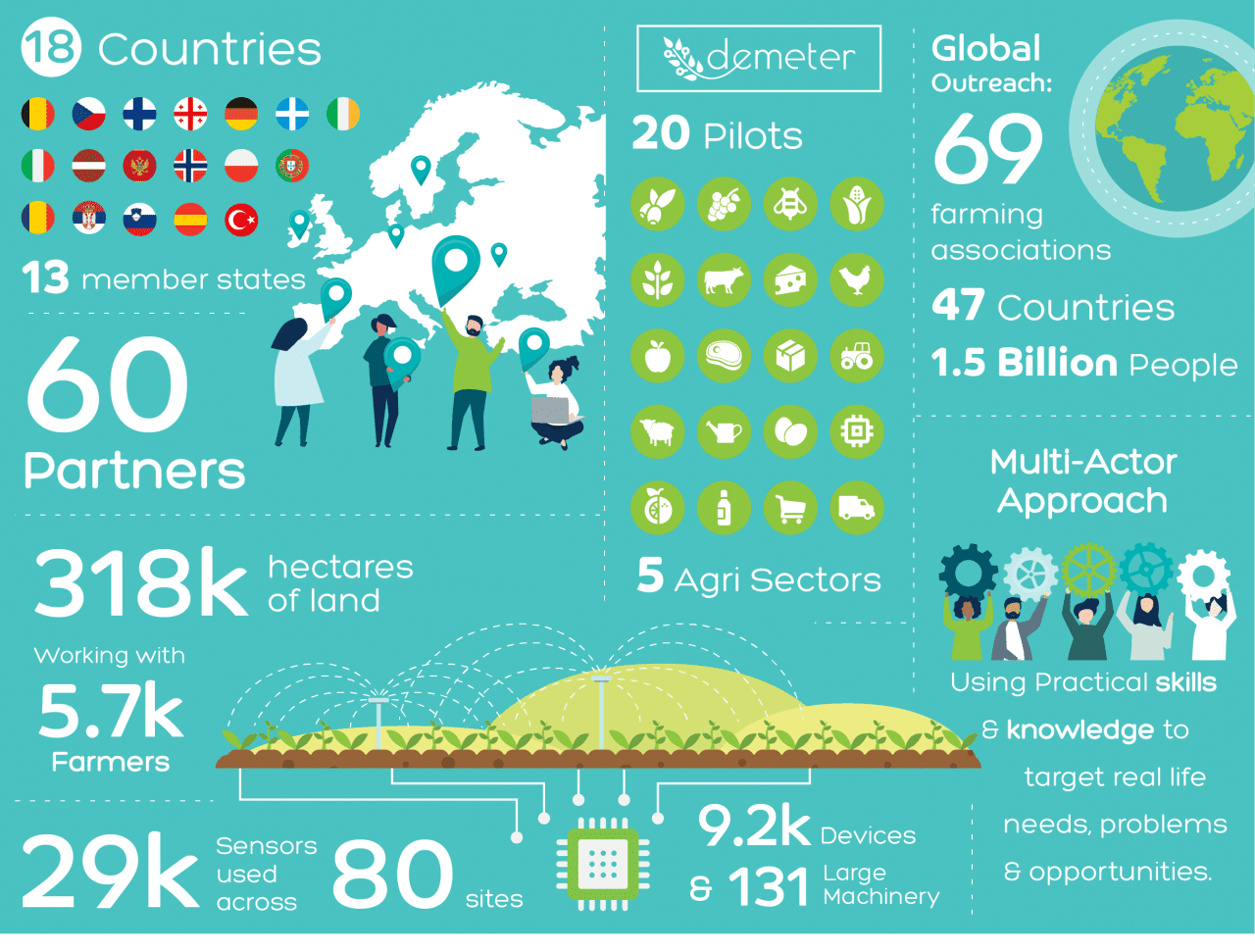

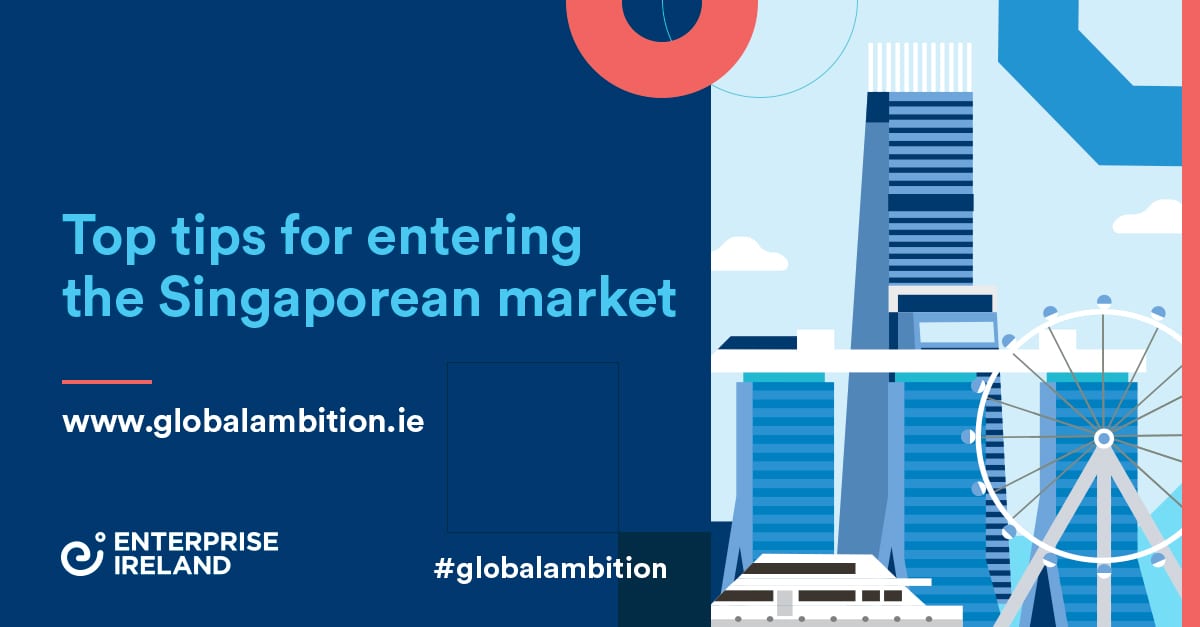
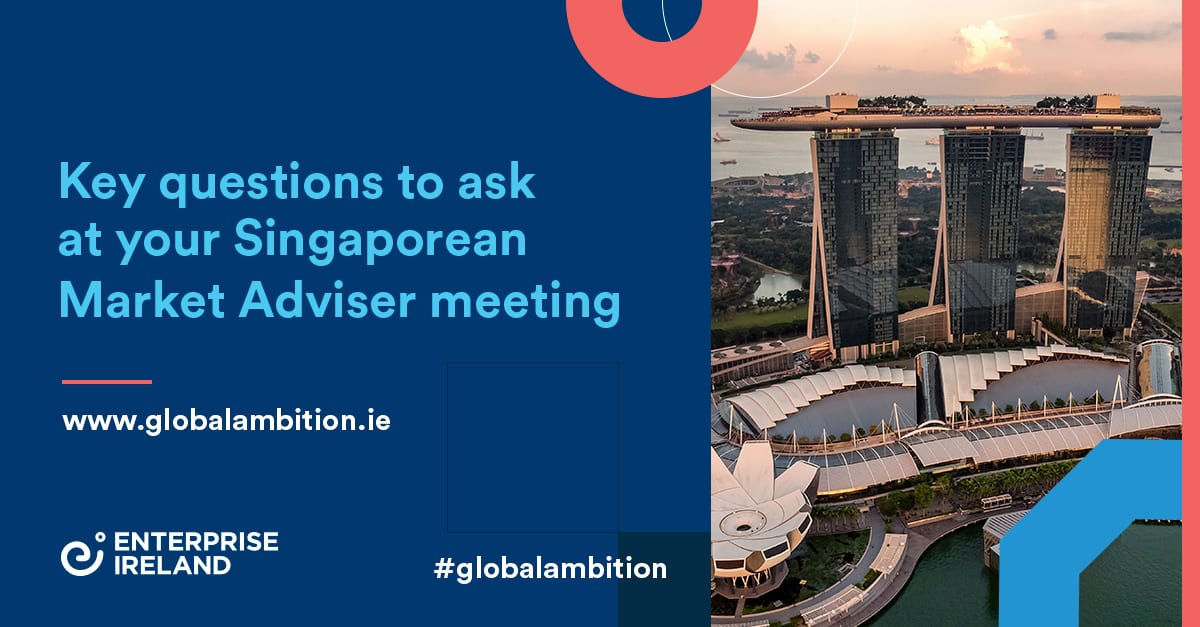

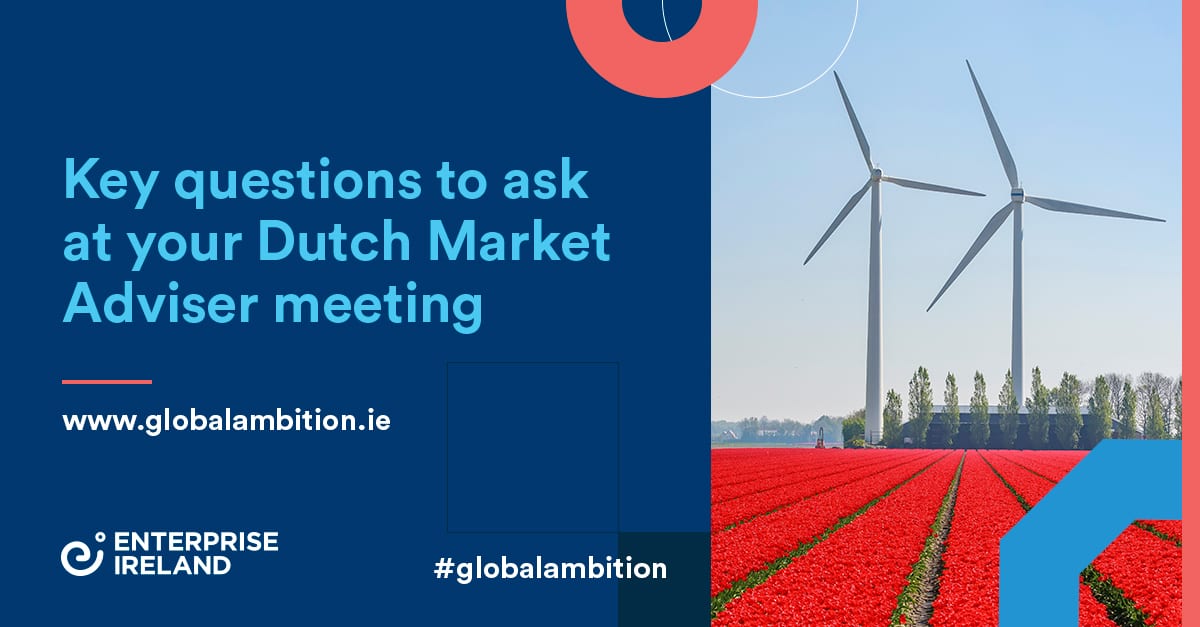
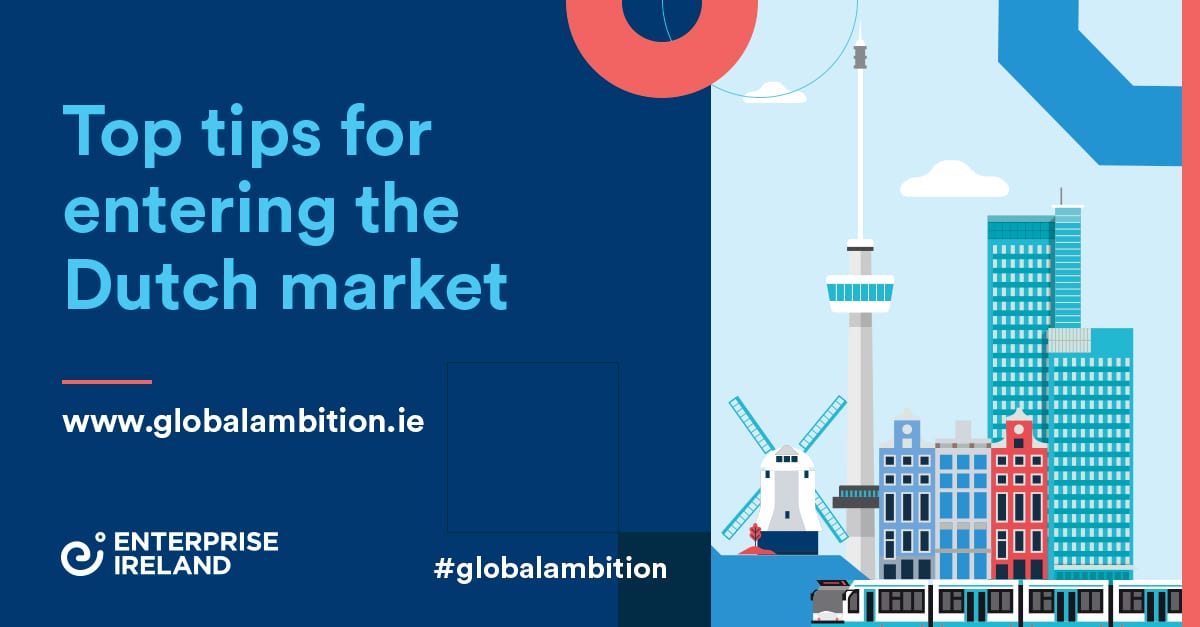
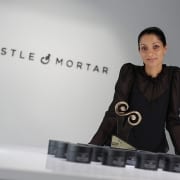
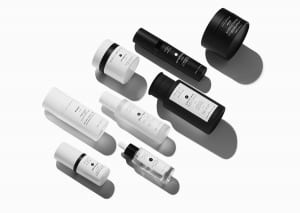
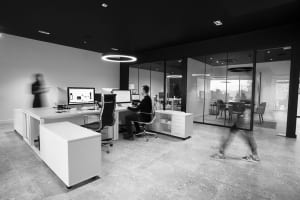 With the help of
With the help of 
